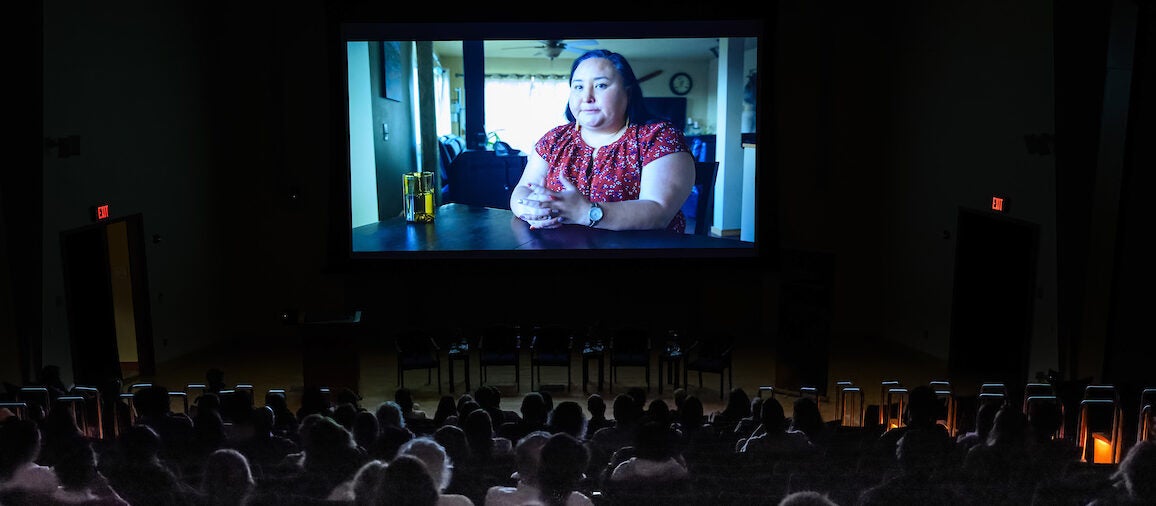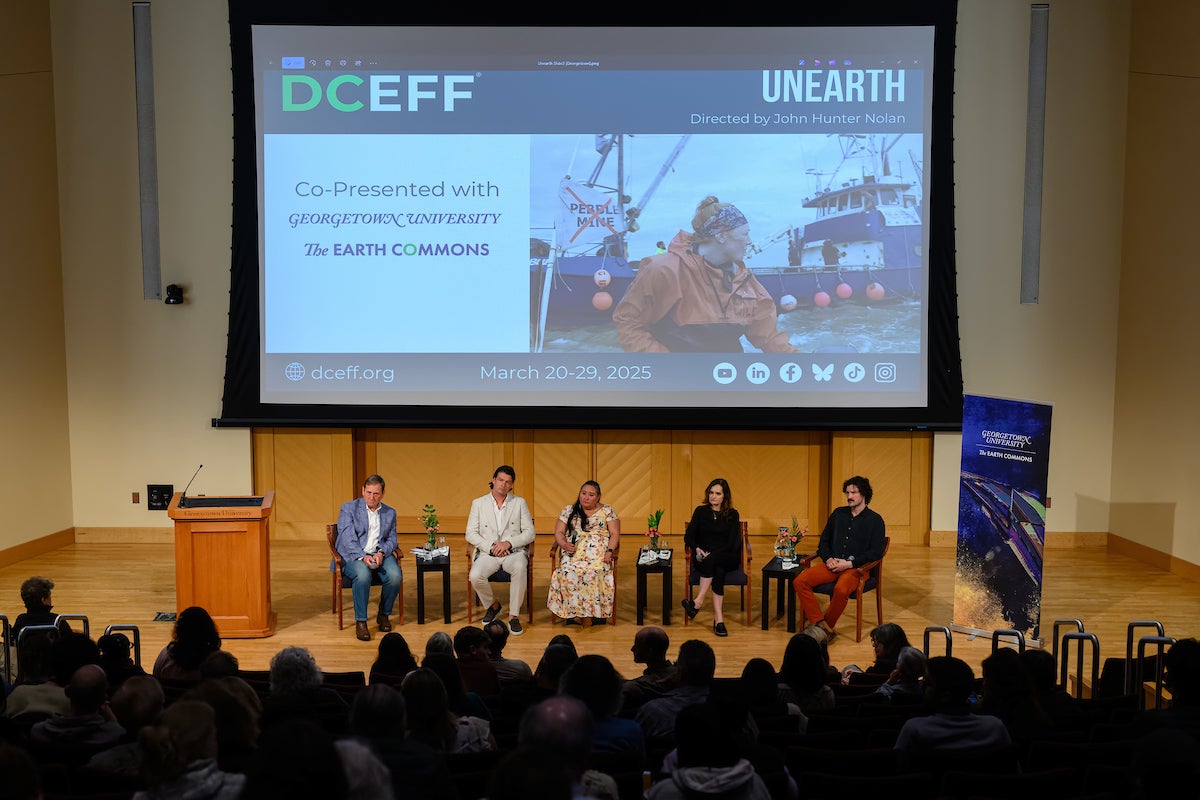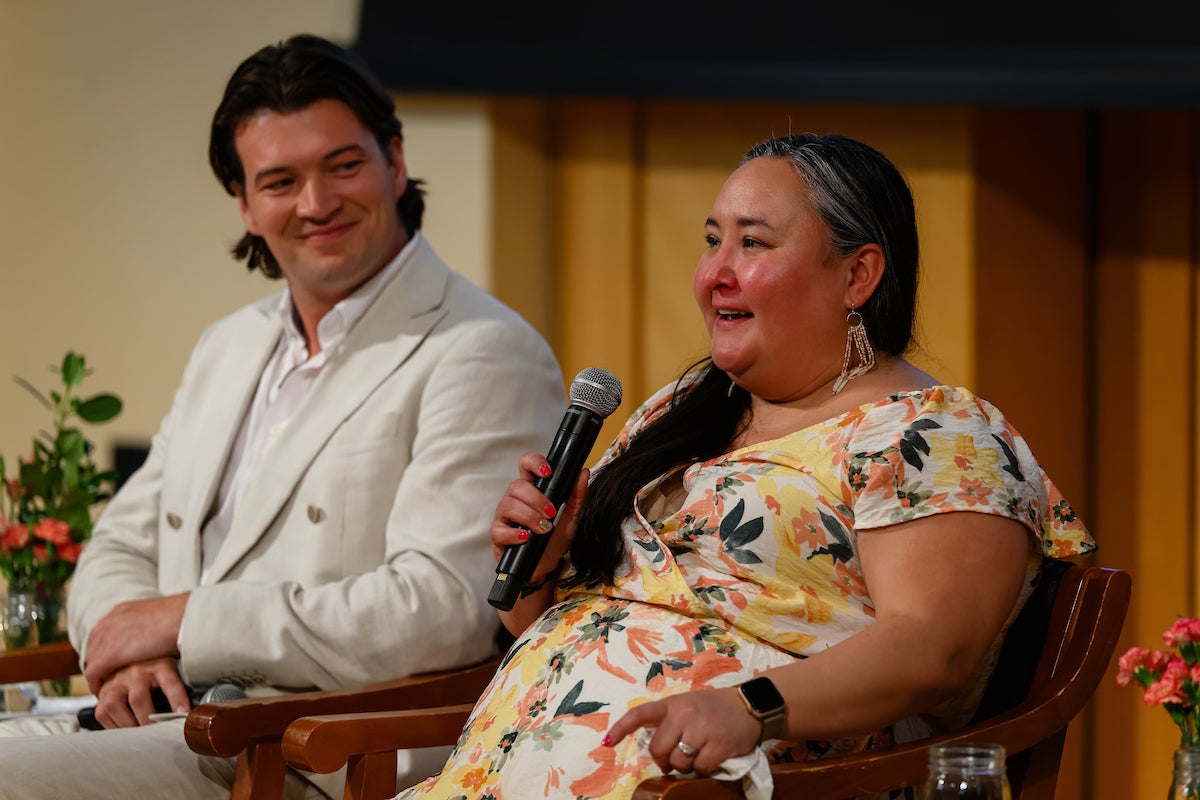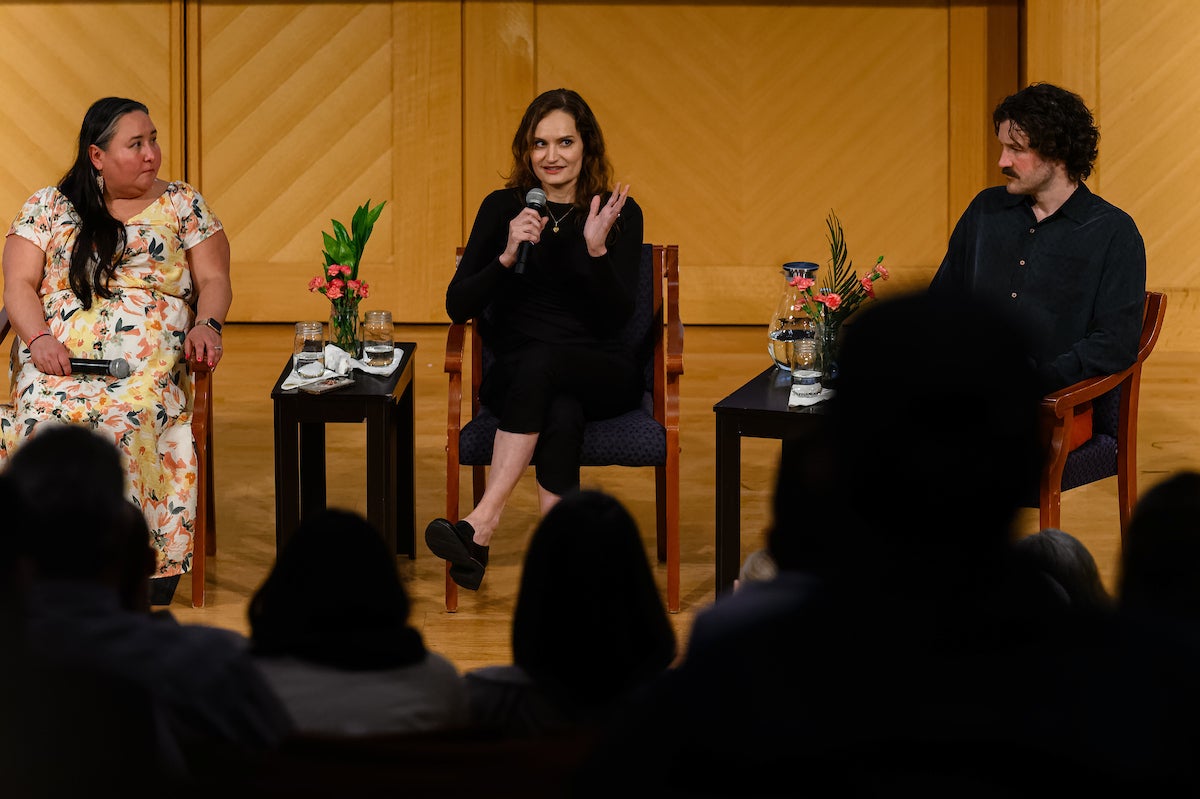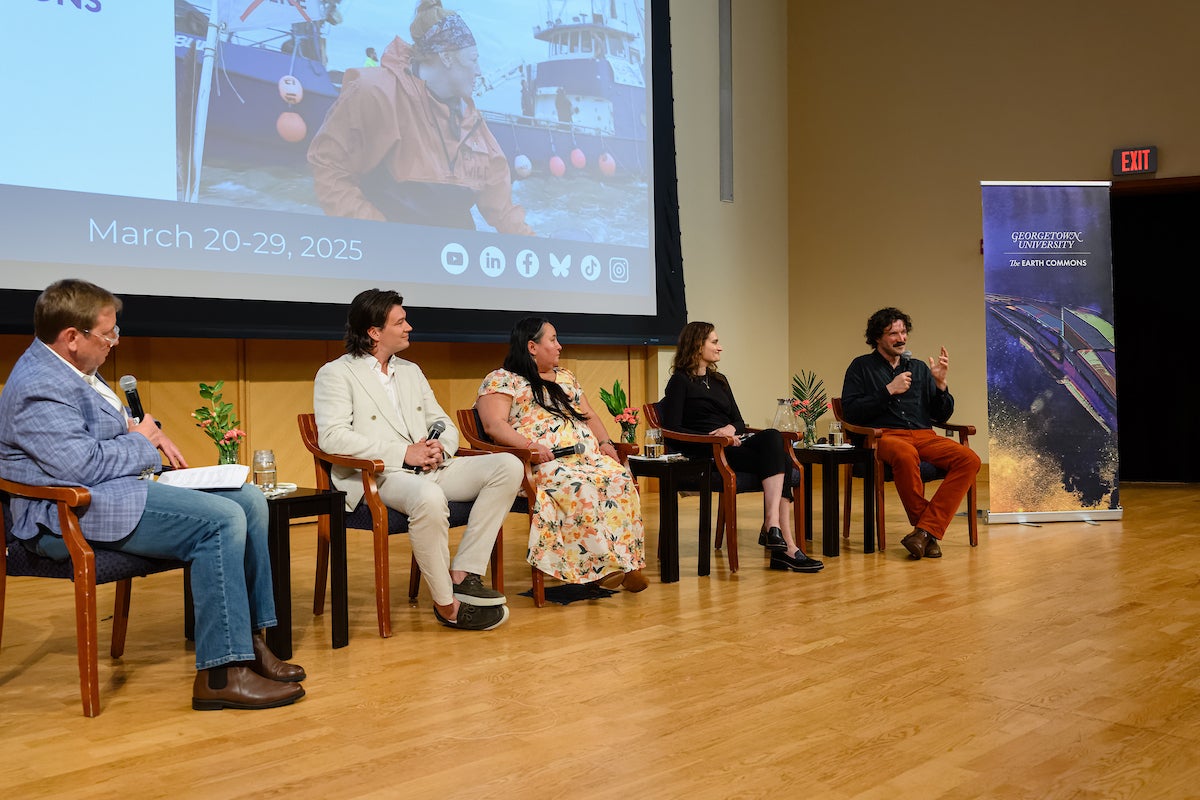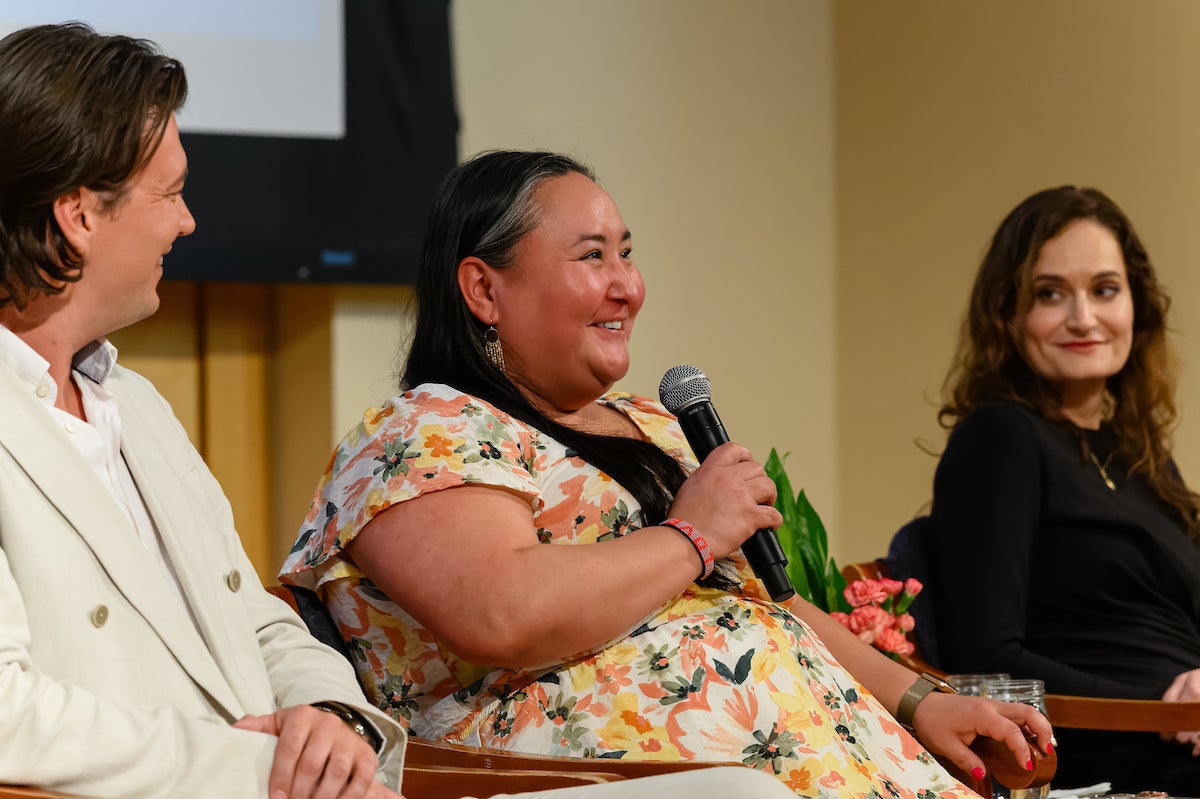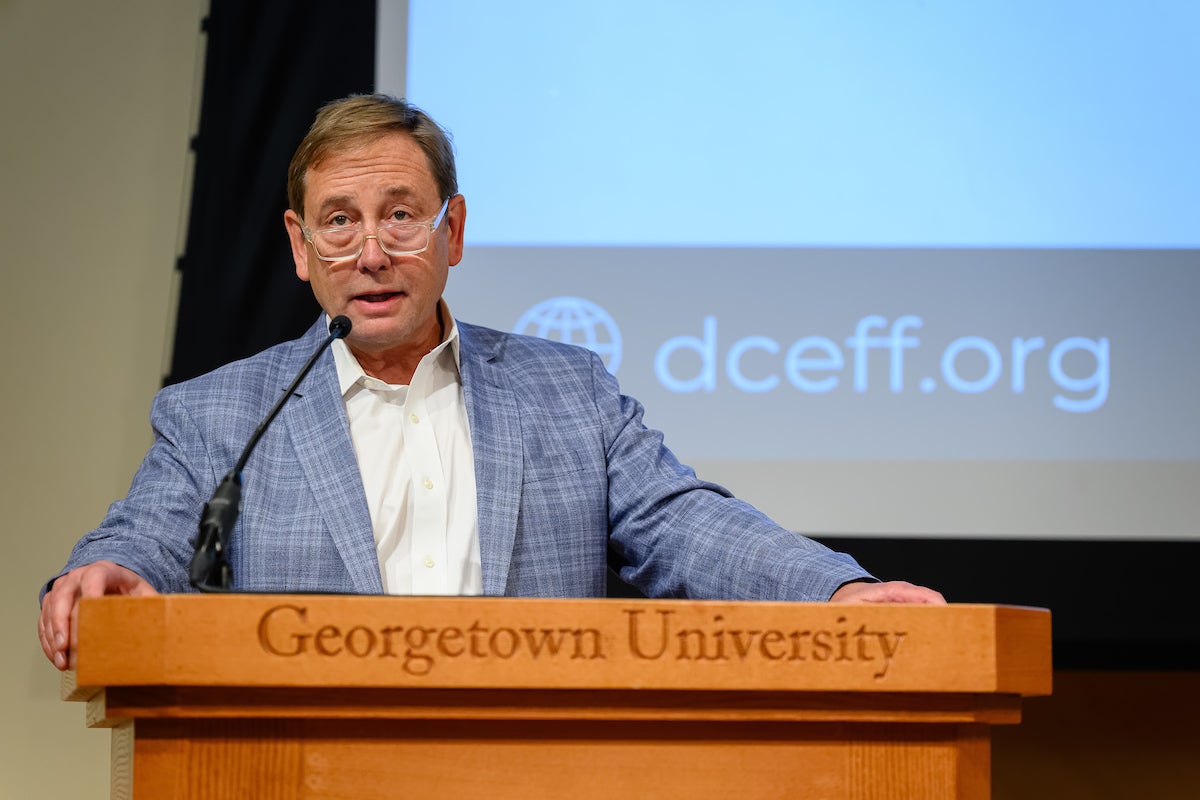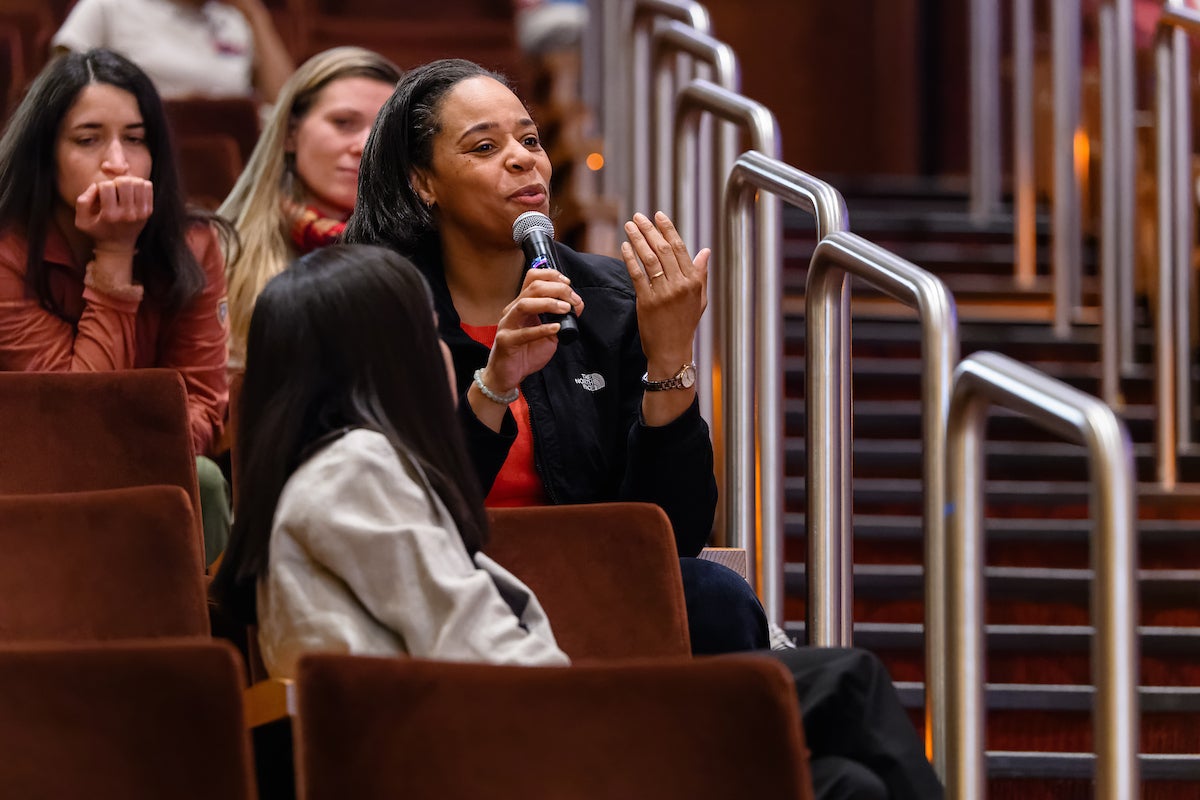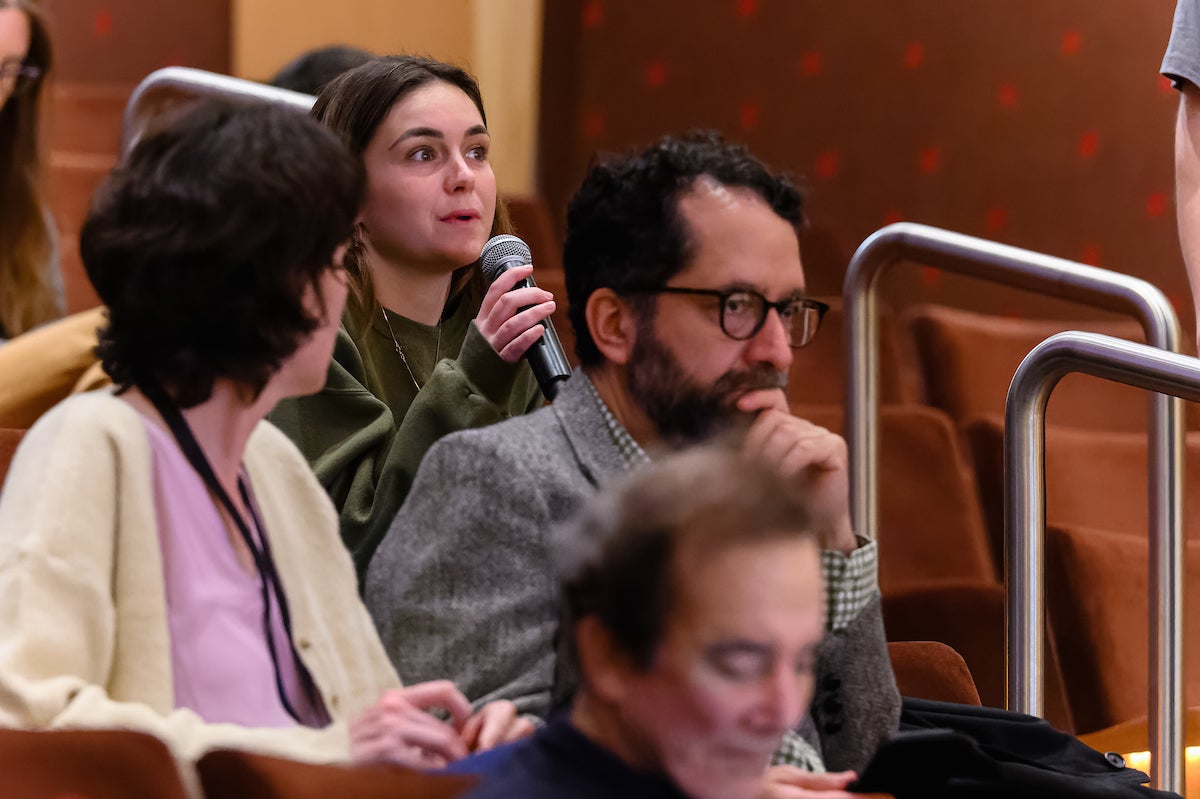Event Recap: DC Environmental Film Festival – UNEARTH Film Screening and Panel Discussion
On March 24th, the Earth Commons hosted a powerful screening of UNEARTH as part of the DC Environmental Film Festival, drawing students, faculty, and community members into a conversation on environmental justice, Indigenous sovereignty, and the true costs of resource extraction. The event featured a post-screening panel with director John “Hunter” Nolan, producer Gina Papabeis, and film subjects Christina Salmon and Dune Strickland, offering personal insights into the making of the film and the fight to protect Alaska’s Bristol Bay.
End of carousel collection.
Directed by Hunter Nolan, UNEARTH follows two sets of Alaskan siblings—commercial fishing brothers Aube and Dune Strickland, and Indigenous land stewards Christina and AlexAnna Salmon—as they confront the proposed Pebble Mine in their homeland. The documentary sheds light on the web of political influence, corporate greed, and environmental deception behind the mine, while celebrating the resilience and leadership of communities defending their future.
Following the screening, Earth Commons Dean Pete Marra moderated a conversation that emphasized the film’s urgency and emotional resonance. As Pete noted, UNEARTH is a timely reminder of activism’s promise: even in the face of powerful forces, collective action can protect what matters most. “Environmental storytelling often includes heartache,” he said, “but we also need stories of hope.”
Highlights from the Panel Discussion
- Hunter Nolan reflected on the origins of the film and how the story found him. Known for his work on Racing Extinction, The Human Element, and Before the Flood, Nolan emphasized his belief in film as a tool for impact and change, particularly when paired with community-led storytelling.
- Christina Salmon, an Igiugig Native Corporation leader and tribal council administrator, shared what it meant to bring the story of her ancestral lands to a university audience across the country. “People are losing connection to the land,” she said, “and there seem to be more and more Bristol Bays around the world.” She urged attendees to reflect on what we value more: salmon or batteries?
- Dune Strickland, co-director and protagonist, spoke to the complexities of filming while living the story. His deep connection to the land and years of experience in the region shaped the film’s intimate lens, despite the challenges of navigating personal vulnerability and professional storytelling.
- Gina Papabeis, an impact producer behind The Game Changers and Racing Extinction, discussed what success looks like for a film like UNEARTH. “It’s about more than awareness,” she said. “It’s about shifting policy, shaping narrative, and sparking long-term conversations—and change.”
Audience members asked about the making of the film, including how the team secured interviews with mining representatives and how they approached trust-building in such a politically charged environment. The discussion underscored the power of ethical storytelling and the importance of centering community voices.
As the evening came to a close, one thing was clear: UNEARTH is more than a documentary. It’s a call to action—for climate justice, Indigenous rights, and a more connected, sustainable world.

